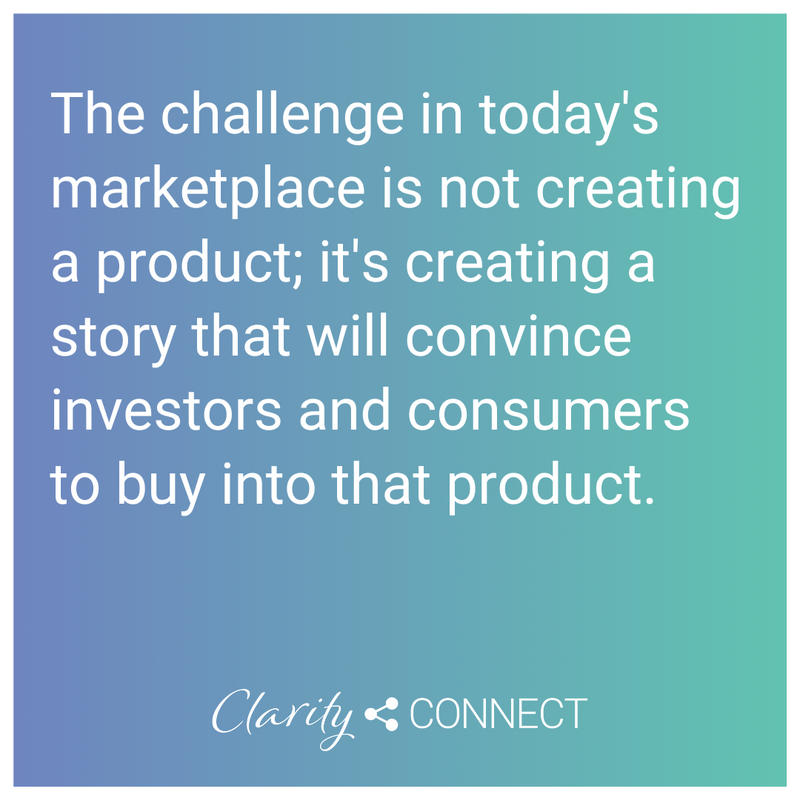
SIR ISAAC Newton doesn't need a publicity agent. When I think back 30 years to my high school physics class, I have trouble reciting Sir Isaac's famous three laws. (I only vaguely remember some experiments with metal balls ricocheting off one another on a table.) But I vividly picture the man as an important historical figure — all because of the apple tree.
You remember the story: There he is one day, the would-be famous mathematician, sitting quietly in the orchard meditating on some abstruse scientific thought, when CLONK! Out of nowhere, an apple falls on his head and he suddenly recognizes the Universal Law of Gravitation. At least that's the School House Rock Version, as I recall it.

Whether there's any truth to the legend doesn't really matter. However you interpret it, it's a great PR story.
Nova Scotia's high-tech entrepreneurs could learn much from Newton's legacy. I don't mean that they need to reinvent the fundamental laws of physics. Despite all the brouhaha Nova Knowledge and other economic-development think tanks have made over the need to innovate, innovate, innovate, lack of inventiveness is not the problem. Nova Scotian companies are using various forms of technology — especially biotechnology and information technology — to make creative breakthroughs that set the standard for products in their fields.
In half a nanosecond, I can think of half a dozen firms with beyond-the-state-of-the-art offerings: Ocean Nutrition with its omega-3 fatty acid supplements; Adventus with its interactive software for learning to play the piano; MediaSpark with its full-blown simulation for developing entrepreneurship skills; MathResources with its revolutionary programs for teaching mathematics using hand-held computers; Vemco with its electronic transceivers for tracking fish; Medusa with its portable patient database system for paramedics. As any of these companies will tell you, the challenge in today's marketplace is not creating a product; it's creating a story that will convince investors and consumers to buy into that product.

Here in Nova Scotia, we have a long history of ingenuity. Our ancestors figured out how to survive the bone-rotting dampness of brutal coastal winters, how to defend a natural harbour from Yankee invaders, how to build a world-class shipbuilding industry. So it's not surprising that some of that creative tenacity endures in an inspiring group of high-tech visionaries. What we have not preserved as well, however, is the equally historic tradition of storytelling. We need a revival of this ancient maritime art, if our high-tech economy is ever going to make the jump from government dependency to genuine, sustainable growth.
Let's take Newton as our model. His story, real or not, has all the elements of narrative greatness: a specific setting, a dynamic plot, an interesting central character, a moral learned. The Story of the Falling Apple, as much as his scholarly publications, has earned him a place in the scientific pantheon. Drama, characters, theme — these are the elements of a company story that Nova Scotian businesses need to bring to the foreground in order to make themselves and their products equally memorable.

Without such engaging storytelling, businesses are more likely to end up like Michael Faraday than Isaac Newton. Michael who? Exactly. Faraday is considered the father of modern physics because he discovered how electromagnetism worked. But, not counting high school physics teachers, how many people know his story? Even though his experiments are behind the generators that churn out the electricity that makes our households run, Faraday is hardly a household word. Because his story is a non-story.
Picture Michael Enright interviewing Faraday about his discovery: "Well, basically, Michael, I'd been running a series of carefully controlled experiments, changing one variable at a time. Then, finally, after a long succession of attempts, one day I was able to document that spinning a magnet creates an electric field." Then picture an interview with Newton: "Michael, let me tell you about the moment that changed my life. There I was, relaxing in the orchard under my favourite tree, when, all of a sudden ..." You get the picture.
Verbal pictures, not facts and figures, are what investors and consumers remember. Sometimes we Maritimers practise such conscientious modesty (not like those cocky Upper Canadians, we tell ourselves), that we forget how to weave heroic stories out of our own experience. But, as our rich store of folk tales proves, our ancestors revelled in that art. With so many great technological tales to tell, it's high time we polished up our storytelling heritage and let the drama of our inventions shine.
But what makes for a compelling business narrative? Like all good stories, mine is to be continued. In my next column (two weeks from now), I'll tackle the question of what makes the difference between a non-story and the audiencegripping real thing.
First published in 2004


Comments